 In the year 1620 a group of Puritans set sail from Plymouth, England, on a venture for freedom in the New World.
In the year 1620 a group of Puritans set sail from Plymouth, England, on a venture for freedom in the New World.
They were armed with utopian ideas, hoping to escape from post-Reformation tyrants. They wanted to be self-governed, and for their churches to be protected by that government.
By 1630, survivors had established the Massachusetts Bay Colony, where educational standards were set high and rigidly enforced. They adopted the Genevan system which was developed by John Calvin and based on his, “Institutes of the Christian Religion”. They hoped to prepare their families for survival in all situations.
 Their first education law was passed in 1642. Heads of households were held responsible for teaching their dependents, apprentices and servants, who were all required to learn English.
Their first education law was passed in 1642. Heads of households were held responsible for teaching their dependents, apprentices and servants, who were all required to learn English.
The School Code of 1647 became known as “the Old Deluder Satan Law”, because wording in the code blamed Satan for the blurring of religious doctrine through the lens of unknown languages.
 Harvard was founded in this era, demanding the same academic rigor.
Harvard was founded in this era, demanding the same academic rigor.
Dissidents were banished from the Colony (including Roger Williams, who ultimately established the colony of Rhode Island).
Sound harsh? There were those who thought so.
The Puritan’s Charter was revoked by Charles II in 1684, and in 1691 a new Charter replaced it. The second Charter diminished the influence of the Calvinists, and their efforts to return to their previous status were unsuccessful.
“In all, the Bible Commonwealth lasted no more than sixty years.” (Sam Blumenfeld)
Was this harsh, mandatory, religious education of any value?
I say, “Yes.”
 The Massachusetts educational goals became a standard for schools in other colonies, and many established their own colleges.
The Massachusetts educational goals became a standard for schools in other colonies, and many established their own colleges.
The written word became seen as the ticket to freedom. And the American Revolution benefited from it.
Evidence of literacy can be found in documents from the time, especially in the Declaration of Independence and the Constitution. Political knowledge and thought was at an all-time high.
I don’t attribute these outcomes to compulsory education laws, but I see them as the product of the love for learning, which was seen as a key to freedom from tyranny.
So here’s my question. Is this thirst for knowledge still alive in America?
If so, how can we nurture it?
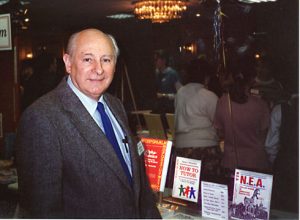 I learned this from Sam Blumenfeld, the author of Alpha-Phonics and How to Tutor.
I learned this from Sam Blumenfeld, the author of Alpha-Phonics and How to Tutor.
Before Sam created his tutorial books, which have helped thousands of homeschool families to teach their children the three R’s, he spent many years researching and writing about the history of public education.
Follow me, as I continue to learn from this great educator.
by Meg (homeschooling mom of 9)
 MS, Exceptional Student Education (Univ. of W. Florida) emphasis on Applied Behavior Analysis
MS, Exceptional Student Education (Univ. of W. Florida) emphasis on Applied Behavior Analysis
MA, psychology (Grand Canyon University)
Bachelor of Arts (Northwest Nazarene University)
***********************************************************************
Did you know every year many 1,000’s of parents teach their own children to READ? Many of them have used Alpha-Phonics because they have found it can easily be used to teach their children to read. Your Kids can make a lot of headway in only a couple of weeks with this proven program. Alpha-Phonics is easy to teach, is always effective and requires no special training for the Parent. It works ! And it is very inexpensive. You CAN DO it !! Follow the links below to know all about the time-tested (37 + years) Alpha-Phonics program:

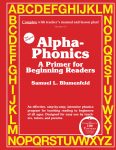

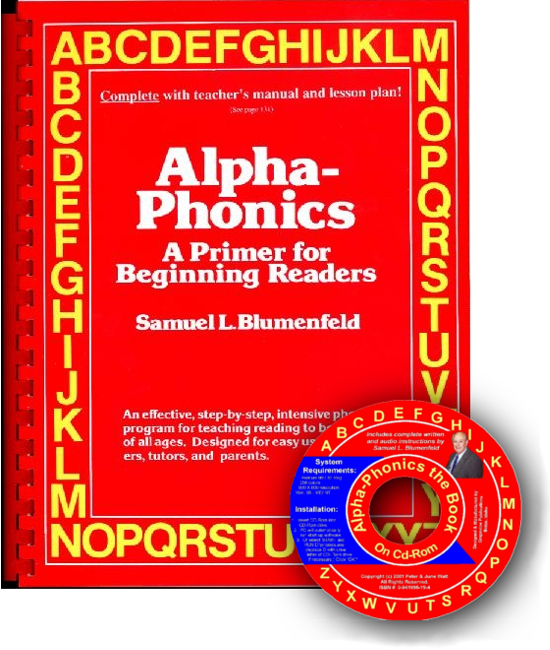 Alpha-Phonics
Alpha-Phonics The Alphabet Song!
The Alphabet Song! Water on the Floor
Water on the Floor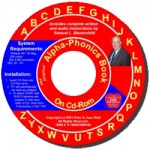 Alpha-Phonics the Book on CD Rom
Alpha-Phonics the Book on CD Rom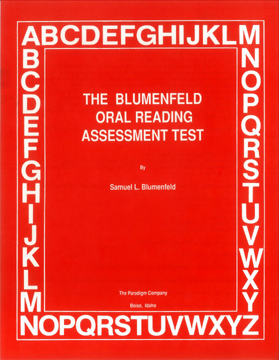 Blumenfeld Oral Reading Assessment Test
Blumenfeld Oral Reading Assessment Test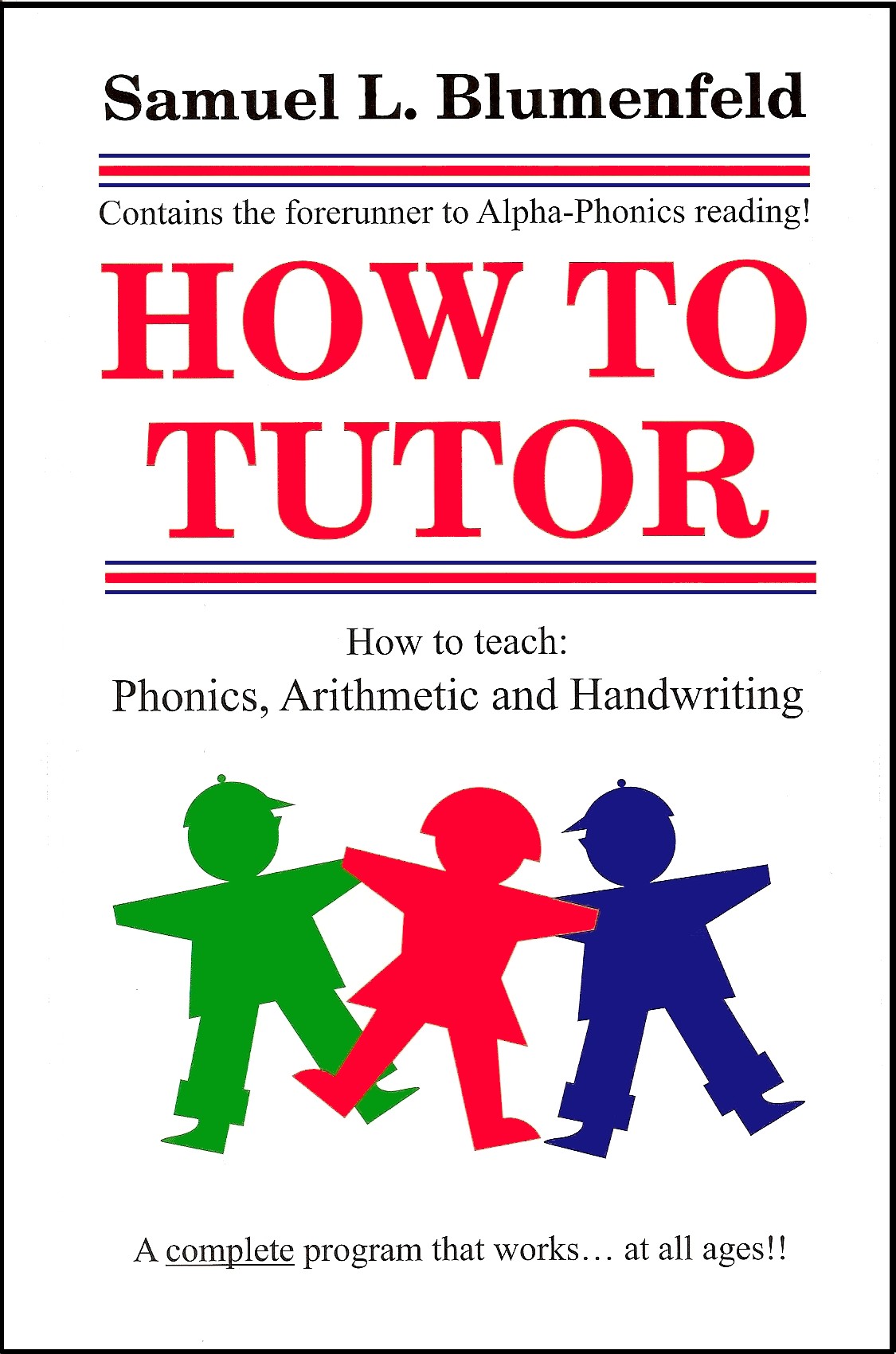 How To Tutor
How To Tutor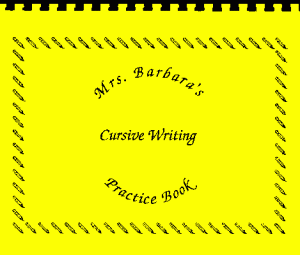 How To Tutor Cursive Handwriting Workbook
How To Tutor Cursive Handwriting Workbook
Leave a Reply
You must be logged in to post a comment.